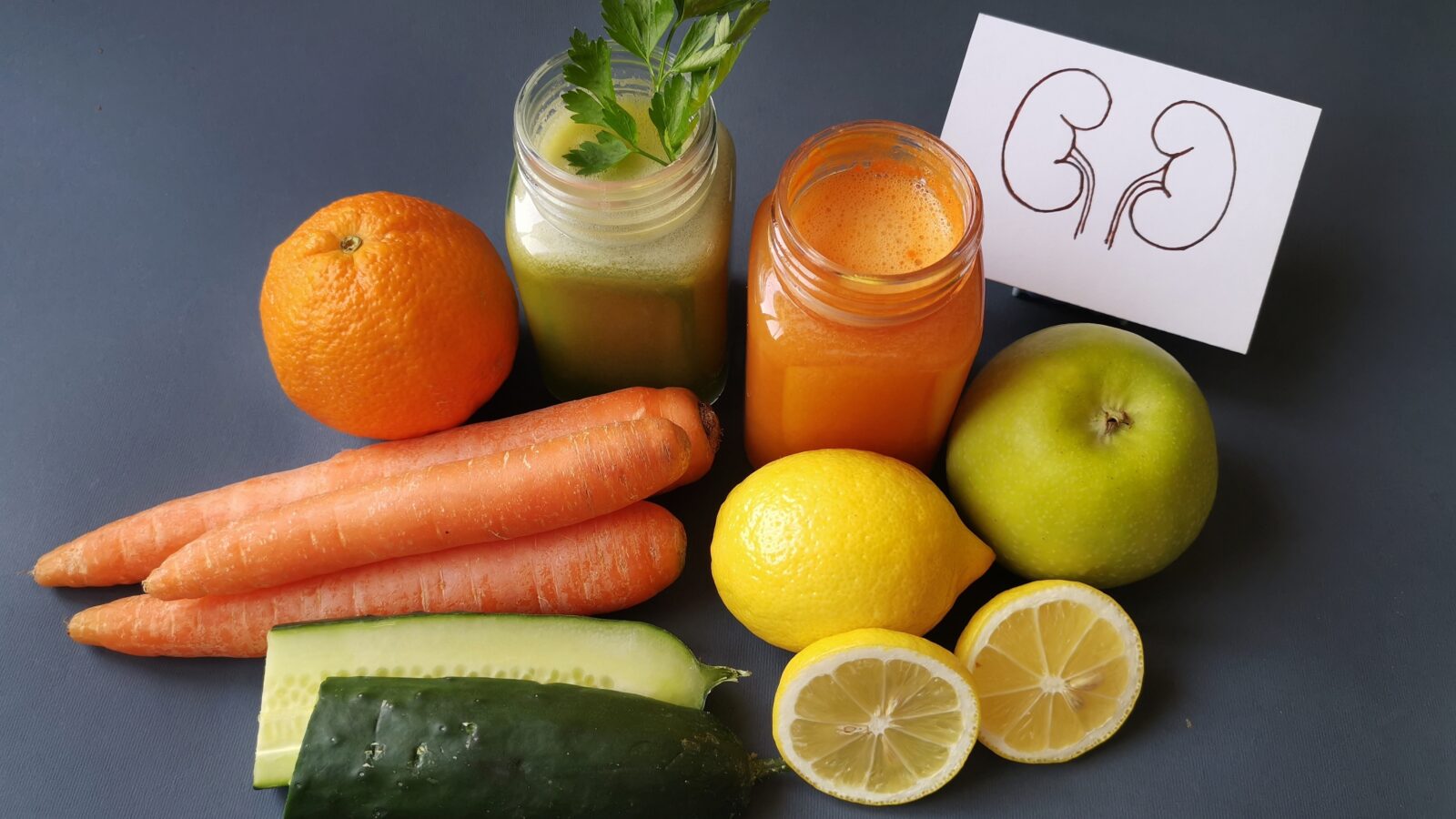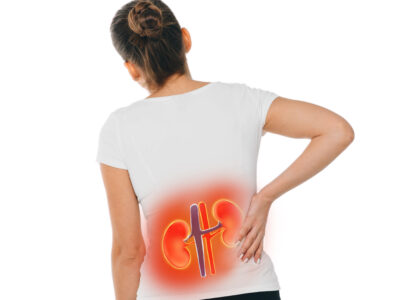Nobody likes kidney stones, and unlike many lifestyle diseases that do not present with intense symptoms, the experience of kidney stones is often unpleasant enough to motivate lifestyle changes. Natural treatment modalities offer a number of options for treating kidney stones, and while many of these treatments can also serve as prevention, patients will often seek out information on what sort of lifestyle changes they can implement to prevent kidney stones from recurring. The fact that kidney stones do recur and are in many cases the result of lifestyle choices makes it important to offer such guidance to patients. Much of the information available on kidney stone culprits and lifestyle prevention tips is either discounted as anecdotal or exaggerated out of proportion. Because different people can develop different types of stones, the most common being uric acid or calcium oxalate, not every proviso may apply to all people. It is also the case that for unknown reasons, likely to involve genetics, people vary widely in their sensitivity to oxalates, which are thought to be a potential dietary risk factor. While many foods are high in oxalates, these compounds are also formed in the body as the byproducts of normal metabolism, at varying rates depending on individual factors.
It is definitely the case that some people seem more prone to forming kidney stones than others, which complicates efforts to identify risk factors through epidemiology. However, science has provided concrete support for a number of the traditional lifestyle tips advised to prevent kidney stones. It is also likely that risks commonly attributed to some otherwise healthy behaviors, like juicing and vitamin D supplementation, may be exaggerated as they have limited scientific support. The following are some of the best and most consistently supported lifestyle interventions to suggest for preventing kidney stones:
- Prevent dehydration: kidney stone incidence follows a circannual pattern that peaks in summer, a clear indication that hotter months and incident dehydration stresses the kidneys and contributes to stone formation. Israeli lifeguards have demonstrated the rate of highest kidney stone formation of any population studied, which has led some to speculate that excess vitamin D can compound the risk posed by dehydration. Because vitamin D stimulates digestive calcium absorption, as well as renal excretion, it can, in theory, contribute to stone formation, although this link remains tentative and poorly understood. There is some evidence that vitamin D intakes (from sun or supplements) sufficient to cause serum excess do slightly increase the risk of kidney stones1, but the primary factor seems to be dehydration, which is a very simple fix. Beyond simply diluting the substances capable of forming stones, the direct diuretic effect of water seems important to promote their excretion.
- Minimize dietary sweeteners: interestingly, of all beverages, sugar-sweetened soda consumption is most closely linked to the formation of kidney stones. Most other beverages, including those containing alcohol as well as coffee and tea, which contain oxalates, have been shown to have no effect on or possibly may even decrease the risk of kidney stones2. The best explanation for these beverages’ protective effect seems to be the diuretic effects of caffeine and alcohol, which, like pure water, helps to move things through the kidneys. The reason sugar-sweetened beverages conversely increase this risk has to do with their high fructose content. The metabolism of fructose increases uric acid, a stone-forming substance, and also seems to increase urinary calcium, which contributes to oxalate stones. Dietary sugar from any source increases the risk of kidney stones, and even alternative sweeteners should be avoided. There are many anecdotal reports of stevia causing kidney stones, either due to the high oxalate content of crude stevia extract or due to the adverse effects of these sweeteners on general kidney and liver function. So to reduce the risk of kidney stones, consume all sweets in moderation.
- Be wary of oxalates: not all kidney stones are caused by oxalate crystals, and even when kidney stones are comprised of oxalates, this fact alone would not be sufficient to prove that dietary oxalates are the cause. Blood clots, for instance, are made up of protein, but they are not caused by an excess of protein in the diet. In the case of oxalates however, it does seem to be the case that a certain percent of the population handles them poorly, and a high intake of oxalates does increase the risk of kidney stones in these individuals. There are even cases of renal failure caused by juicing, with high intakes of certain vegetables causing oxalate-induced nephropathy3. Some authorities have gone so far as to advise against juicing for this reason, though this position is unnecessarily extreme when the type of stone and type of vegetable are taken into consideration. For people who do form oxalate stones, it would be best to avoid juicing with beets, spinach, rhubarb, and strawberries as part of an overall strategy to moderate the consumption of oxalate-rich foods.

- Get plenty of vitamin C: the best sources of vitamin C are fresh fruits and vegetables, and there is some controversy over the role these foods play in a stone-preventing diet. Because so many plants are high in the aforementioned oxalates, there is debate over whether a plant-rich diet is truly safe for the kidneys. Scientific research, however, suggests that the benefits outweigh the risks4. Vitamin C seems to prevent the binding of calcium to oxalate, thus inhibiting stone formation, and besides this, many fruits and vegetables are good sources of citrate and potassium, intake of which is associated with reduced stone risk. Taken on the whole, eliminating fruits and vegetables seem to adversely affect parameters associated with kidney stone formation. So while oxalate-sensitive individuals should avoid eating certain plants in large quantities, other foods like citrus fruits, cranberries, and carrots may have significant benefits.
- Try a carrot juice cleanse: when discussing juicing and oxalates, carrots are an interesting case which warrant their own bullet point. Carrots are relatively high in oxalates, however, they have also been traditionally recommended to cleanse the kidneys and even help to dissolve and remove stone-forming material. It is possible that the habit of adding carrots to salads, otherwise composed of high-oxalate leafy greens like spinach, could actually be a piece of useful folk wisdom. Wild carrot, Daucus carota, has been used by traditional herbalists to support the kidneys, and while there is no evidence that carrots will dissolve kidney stones, some research has confirmed that wild carrot extract can increase oxalate excretion and inhibit stone formation in rats5. Despite being high in oxalates, it would seem that other constituents in carrots can be supportive to the kidneys, and they are not among the foods recommended to avoid in preventing kidney stones. Carrots cultivated as produce are unlikely to match wild carrots for the content of certain constituents, but as a medicinal food they are also apt to be consumed in much larger quantities, meaning many of the same benefits of wild carrot extracts can likely be obtained by consuming carrot juice.
- Take care of the liver: there is a close alliance in the body between the liver and the kidneys, and when one of these organs becomes hypofunctional the other can sometimes pick up the slack. Elevations in blood urea nitrogen (BUN), a potent marker of toxicity, can indicate problems with either organ. In the case of kidney stones, there is actually protein made by the liver that prevents the buildup of oxalate. Called alanine-glyoxalate aminotransferase (AGT), it is not among the proteins normally assessed by liver function tests, but plays an important role in helping the kidneys eliminate naturally occurring oxalates produced by metabolism. Anything that can threaten liver function (which is a lot of things) can therefore threaten kidney function, and potentially increase the risk of stones. There are many natural ways to incorporate liver support into a healthy lifestyle. A simple tip is to make use of spices like turmeric, ginger, lemon, and cayenne, which can all be added to carrot juice or other blends to support the liver and kidneys.
1 Letavernier E, Daudon M. Vitamin D, Hypercalciuria and Kidney Stones. Nutrients. 2018 Mar 17;10(3):366. doi: 10.3390/nu10030366. PMID: 29562593; PMCID: PMC5872784.
2 Ferraro, Pietro Manuel*,†; Taylor, Eric N.†; Gambaro, Giovanni*; Curhan, Gary C.†,‡. Soda and Other Beverages and the Risk of Kidney Stones. Clinical Journal of the American Society of Nephrology 8(8):p 1389-1395, August 2013. doi: 10.2215/CJN.11661112
3 Getting JE, Gregoire JR, Phul A, Kasten MJ. Oxalate nephropathy due to 'juicing': case report and review. Am J Med. 2013 Sep;126(9):768-72. doi: 10.1016/j.amjmed.2013.03.019. Epub 2013 Jul 3. PMID: 23830537.
4 Tiziana Meschi, Umberto Maggiore, Enrico Fiaccadori, Tania Schianchi, Simone Bosi, Giuditta Adorni, Erminia Ridolo, Angela Guerra, Franca Allegri, Almerico Novarini, Loris Borghi. The effect of fruits and vegetables on urinary stone risk factors.Kidney International 66(6):p 2402-2410, 2004. doi: 10.1111/j.1523-1755.2004.66029.x.
5 Bawari S, Sah AN, Tewari D. Anticalcifying effect of Daucus carota in experimental urolithiasis in Wistar rats. J Ayurveda Integr Med. 2020 Jul-Sep;11(3):308-315. doi: 10.1016/j.jaim.2018.12.003. Epub 2019 Apr 5. PMID: 30962051; PMCID: PMC7527822.


 The Forgotten Link between Vitamin E and Fertility
The Forgotten Link between Vitamin E and Fertility